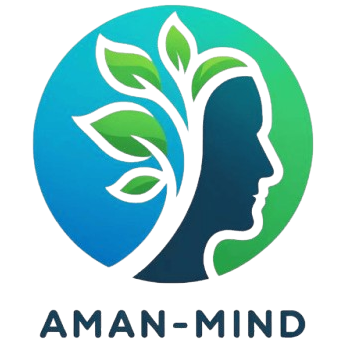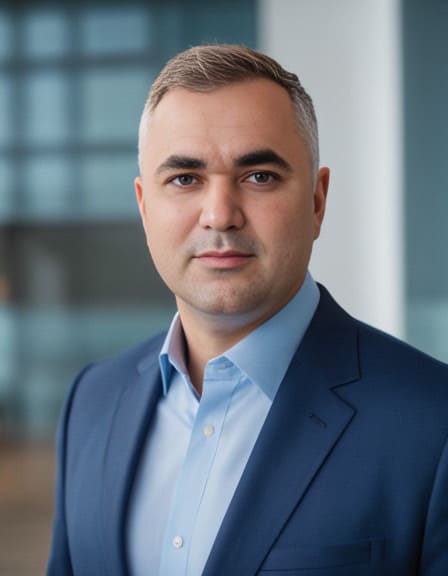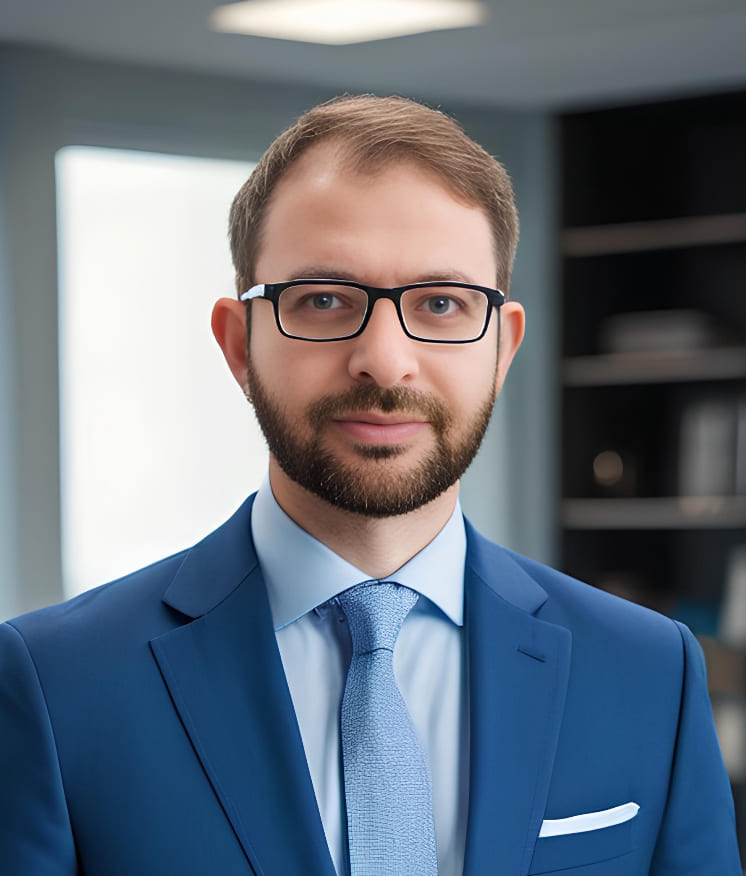Addiction Counseling: A Safe Path to Recovery
Addiction is a complex disease that impacts the life of the individual, their family, and the broader community. It encompasses a wide range of compulsive behaviors that are challenging to resist, such as addiction to drugs, alcohol, gambling, the internet, and more.
Fortunately, there is hope for recovery, and specialized addiction counseling plays a key role in this process.
### What is Addiction Counseling?
Addiction counseling involves individual or group sessions with a mental health professional. The counselor works with the addicted individual to help them understand the root causes of their addiction, develop coping strategies, and ultimately overcome it.
### Goals of Addiction Counseling
1. **Identifying the Causes of Addiction**: Exploring past experiences, trauma, and suppressed emotions that may have contributed to the development of the addiction.
2. **Changing Thought and Behavior Patterns**: Working to alter negative thoughts and misconceptions that support addiction and developing new skills to cope with daily life.
3. **Building Coping Skills**: Teaching the individual new ways to manage stress and pressures, fostering healthier relationships.
4. **Creating a Recovery Plan**: Developing a personalized recovery plan, including setting goals and mapping out strategies to achieve them.
5. **Providing Ongoing Support**: Offering emotional and psychological support throughout the recovery journey.
### Types of Counseling Programs
Addiction counseling programs vary to meet the needs of different individuals, including:
1. **Cognitive Behavioral Therapy (CBT)**: Focuses on changing the thoughts and behaviors associated with addiction.
2. **Medication Therapy**: A doctor may prescribe medications to help reduce withdrawal symptoms and cravings.
3. **Group Therapy**: Provides a supportive environment where individuals can share experiences and learn from each other.
4. **12-Step Programs**: Based on the structure of Alcoholics Anonymous (AA), offering a spiritual and structured path to recovery.
### Benefits of Addiction Counseling
1. **Improved Quality of Life**: Counseling helps individuals improve personal and professional relationships, returning to a healthier and more normal life.
2. **Relapse Prevention**: Counseling provides strategies to handle challenging situations and strong cravings that could lead to relapse.
3. **Increased Self-Confidence**: Builds self-esteem and the ability to achieve goals.
4. **Enhanced Physical and Mental Health**: Helps alleviate the physical and psychological symptoms of addiction, improving overall health.
### How to Choose the Right Counseling Program
Choosing the right counseling program requires research and evaluation, considering factors such as:
- **Type of Addiction**: Treatment differs based on the substance or behavior involved.
- **Severity**: The intensity of the addiction and its impact on daily life.
- **Personal History**: Taking into account the patient’s personal history and past traumas.
- **Cost**: Programs vary in cost; select one that fits the budget.
- **Location**: Choosing a program close to home for easy access, including the option of online counseling programs.
### In Conclusion
Addiction counseling is a crucial step toward recovery and overcoming addiction. By working with a mental health professional, individuals struggling with addiction can develop the tools and skills needed to build a new, addiction-free life.
If you or someone in your family is suffering from addiction, don’t hesitate to seek help.









.jpg?locale=en)